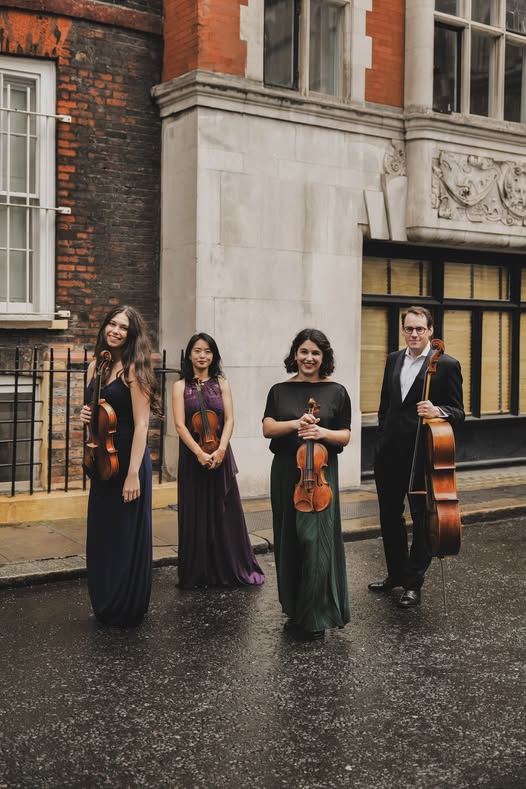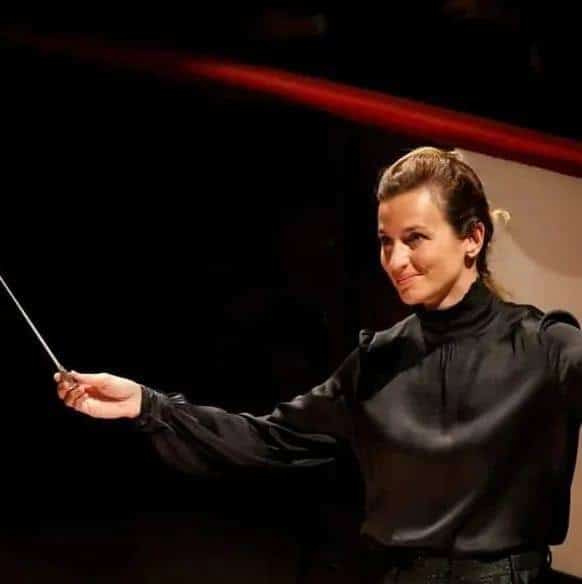Oranges are not the only fruit
mainI strolled down to the South Bank last night to witness a literary award which I had no chance of winning. The Orange Prize for Fiction is restricted to works by women.
Originated in 1996 by Kate Mosse, who has gone on to write epic best-sellers, the £30,000 prize has given a huge career boost to many gifted writers, among them Carol Shields (1998), Linda Grant (2000), Kate Grenville (2001), Ann Patchett (2002), Lionel Shriver (2005) and Chimamanda Ngozi Achede (2007).
It has also shortlisted but failed to reward such works of lasting value as Zadie Smith’s White Teeth, Sarah Waters’ Fingersmith and Marina Lewicka’s A Short History of Tractors in Ukrainian. No book prize is infallible, and the Orange is about average in its hit and miss rate.
Last night’s winner, from a relatively pallid shortlist, was Marilynne Robinson for her third novel, Home, a sequel to Gilead, which earned her a Pulitzer Prize four years ago but was overlooked at the time by the Orange judges.
The question, then and now, is whether we need a separate prize for women. It is a publishing truism that most novels are bought and read by women. Most novelists will confirm that their heaviest response comes from women readers. My first novel, The Song of Names, contained no strong female characters yet has been enjoyed mostly by women, so far as I can judge from the email-bag. My forthcoming second novel, The Game of Opposites, has two strong women and may (I suspect) appeal more to men.
People who read novels do not discriminate on grounds of gender, so why should people who judge and reward them? I did not feel in any way excluded at the Orange bash and, indeed, saw several other male writers like myself revelling in the occasion. Novelists are novelists. We don’t judge by gender and nor, on the whole, do our publishers. I would suggest to Kate Mosse that after 12 years the time has come for a rethink.
I am not suggesting she should scrap a prize which has made a place for itself in the literary calendar. But I wonder whether the definition should not be relaxed – in the first place, and quite urgently, to include novels from other languages, such as Julia Franck’s extraordinary Mittagsfrau, and ultimately to make the award less gender exclusive.
Your thoughts, please.





Actually I agree with you, for a change. Gender-specific awards are useful in industries where thanks to other mitigating factors women have a harder time getting a leg up than men, such as in the field of conducting, or getting an equal fee, but women clearly have at least equal status in literature (though your statistics suggest the field is dominated by women authors). After all, this isn’t the 19th century – i think it is safe to say that as writers, women are respected just as highly as men, and are financially compensated accordingly. Perhaps more useful would be an award for an author who has written a work dealing with issues related with the female identity.
Actually I agree with you, for a change. Gender-specific awards are useful in industries where thanks to other mitigating factors women have a harder time getting a leg up than men, such as in the field of conducting, or getting an equal fee, but women clearly have at least equal status in literature (though your statistics suggest the field is dominated by women authors). After all, this isn’t the 19th century – i think it is safe to say that as writers, women are respected just as highly as men, and are financially compensated accordingly. Perhaps more useful would be an award for an author who has written a work dealing with issues related with the female identity.
Plays written by women on New York stages this year – 12.6% of the total. 1908/1909 season -12.8%! I oon’t have the publishing figures for books.
As soon as things even out, we’ll concern ourselves with gender exclusivity of the female kind.
Shane Shipley
http://www.shipleyplays.com
Plays written by women on New York stages this year – 12.6% of the total. 1908/1909 season -12.8%! I oon’t have the publishing figures for books.
As soon as things even out, we’ll concern ourselves with gender exclusivity of the female kind.
Shane Shipley
http://www.shipleyplays.com